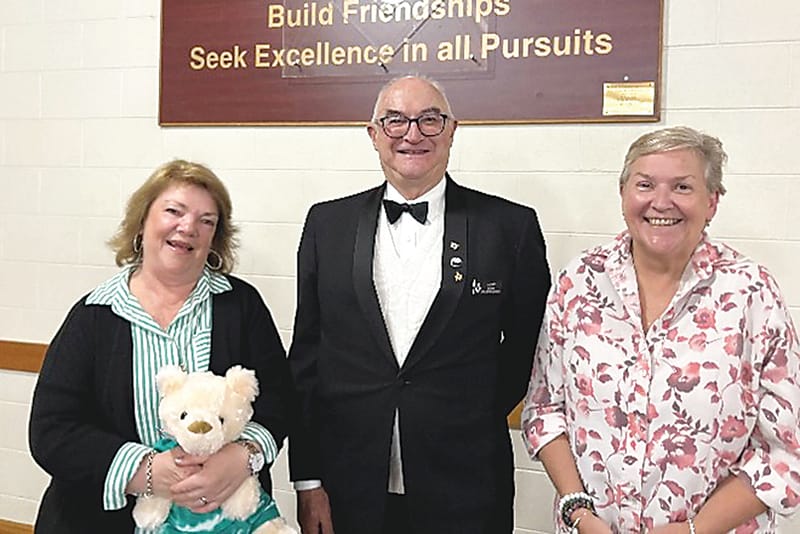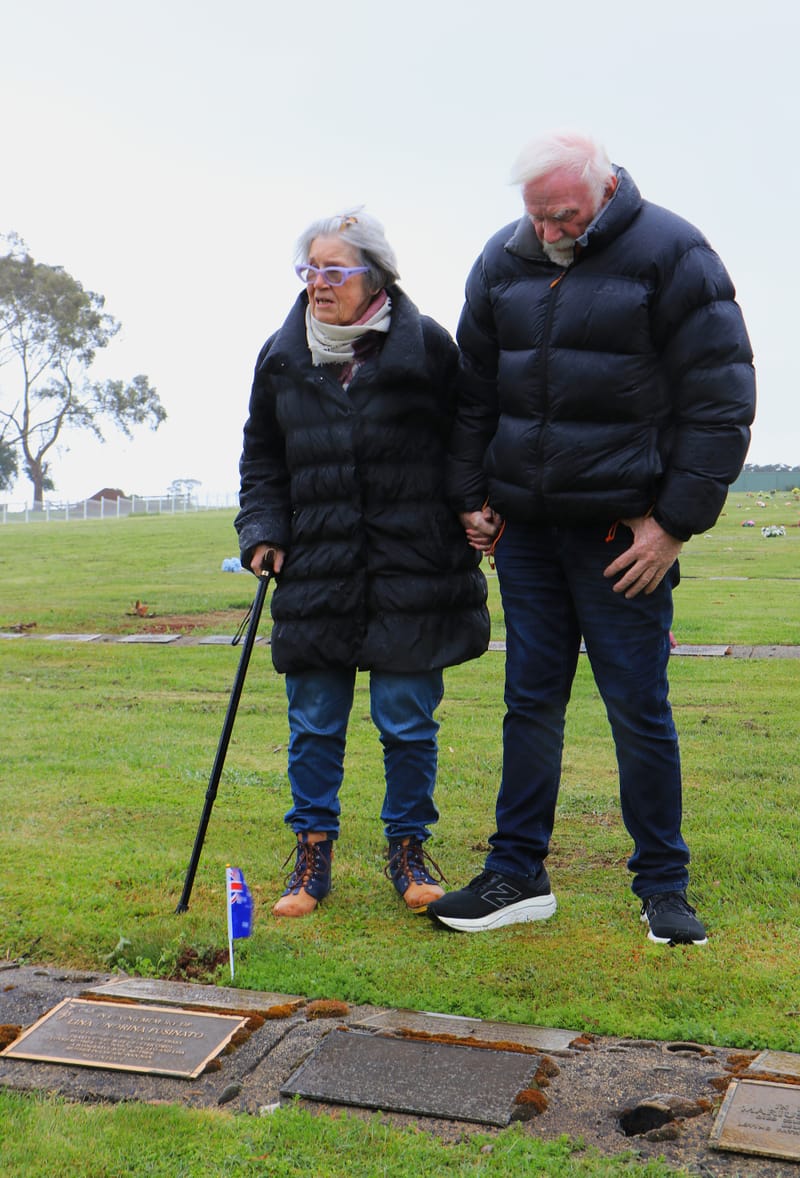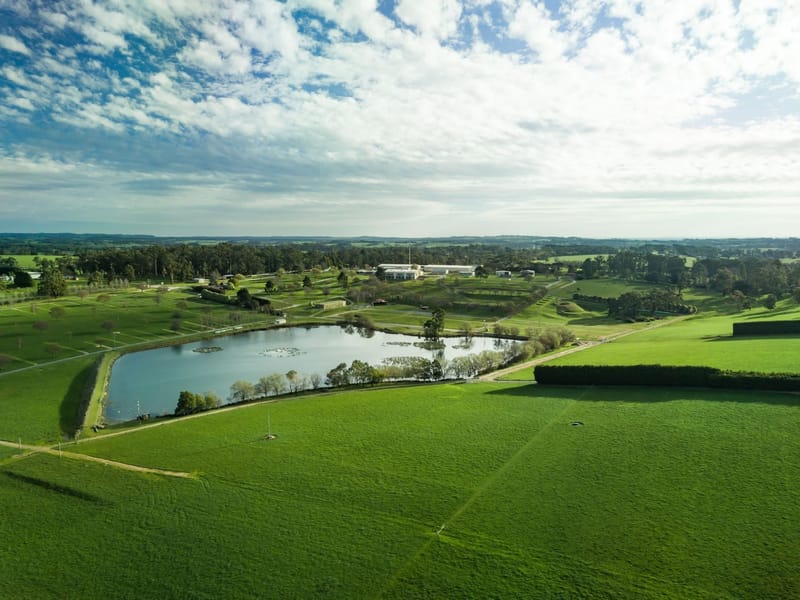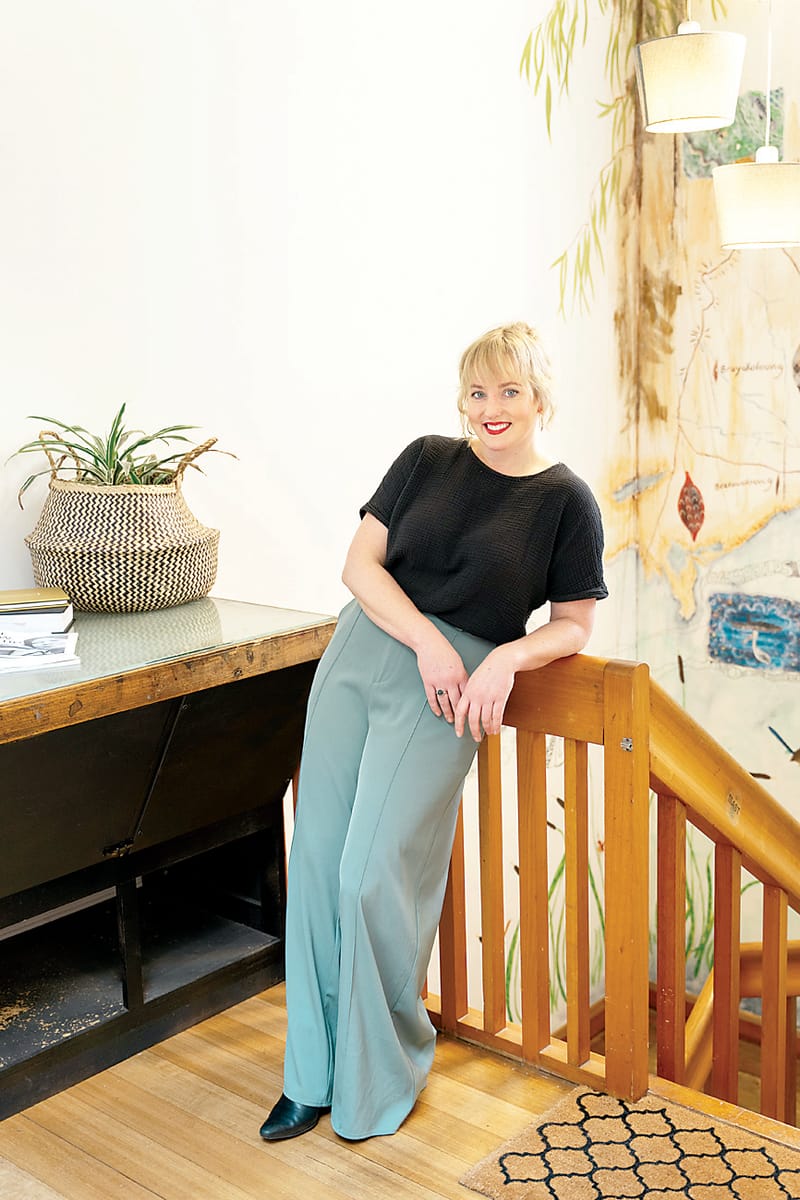Stronger advocacy needed
A Monash University senior lecturer has called for stronger advocacy for more public housing, rather than expensive community housing, in the wake of increasing homelessness across Baw Baw Shire. With a career background in social work and now...
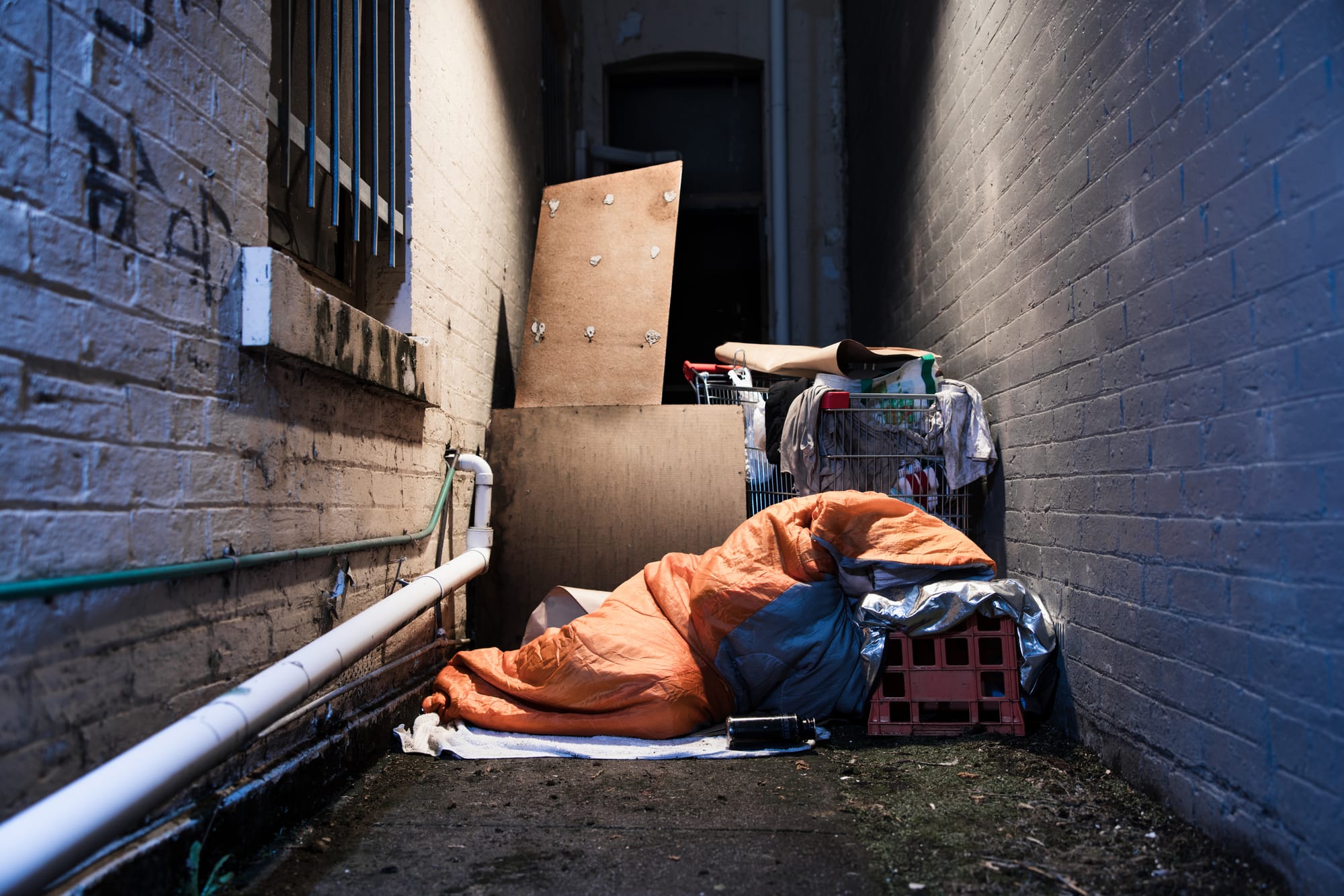
A Monash University senior lecturer has called for stronger advocacy for more public housing, rather than expensive community housing, in the wake of increasing homelessness across Baw Baw Shire.
With a career background in social work and now a senior lecturer in mental health at Monash Rural Health, Rochelle Hine's research projects have examined mental health and class stigma impacts on homelessness.
She said homelessness was becoming more common in Baw Baw Shire, affecting those on low or no income, with women over 55-years being the fastest growing homeless population and increasing numbers of young people and Aboriginal people also unable to find a home.
"It has become disturbingly common for people to sleep in their car, rough in parks or to be perpetually couch surfing.
"We know that having a safe, warm place is one of the fundamental things that supports a person's wellbeing - and it is sad that we are failing in that area," Dr Hine said.
With 55,000 households on the public housing waiting list in Victoria, Dr Hine said the root of the problem was the State Government's "neoliberal policy approach" to a human rights issue.
"Houses are predominantly valued for wealth generation, rather than being viewed as an essential resource for survival.
"Where public housing was once an affordable and sustainable long term housing option for many people on fixed incomes with no assets, the state government has been systematically eroding the public housing system, in favour of 'community' or 'social' housing where for profit and non-for-profit organisations compete for lucrative contracts.
She said Coalition and ALP governments had handed responsibility to external providers.
"One of the consequences for renters in these social housing enterprises is that where public housing rental costs are capped at 25 per cent of income, in community housing establishment the cap is 30 per cent of income, sometimes with extra hidden fees, meaning less disposable income during a cost of living crisis," she said.
Dr Hine said the 50 new apartments being constructed by Housing Choices Australia would do little to address the needs of more than 400 households waiting for priority access to public housing in Baw Baw Shire.
State-wide, a commitment of 12,000 houses as part of the state's "Big Housing Build" will fail to address the needs of the 55,000 households on a waitlist, she said.
"As many people on the waiting list are part of family or couple households, the list comprises over 100,000 people, including over 64,000 adults and 36,000 children. For those in the most desperate of circumstances who qualify to be on the priority list, the time to get a house has increased from 9.5 months in 2014-15 to a staggering 19.8 months during the 2023-24 financial year.
"If you are not considered a priority, you will wait literally years. Statistics for December 2024 show that 32,100 people accessed a specialist homelessness service for support with housing in Victoria, and these services are also woefully under-resourced to meet the demand," she said.
Dr Hine called on Baw Baw Shire councillors to advocate strongly to address the issue.
"Councillors who genuinely want to address this issue should advocate to the Victorian Government to build more public housing rather than more expensive community housing.
"All levels of government favour the needs and wants of developers and investors over the needs of homeless people.
"We need a strong leadership to make decisions about what is built and where, informed by the needs of those who are most disadvantaged by the current arrangements - those who have no home," she said.


